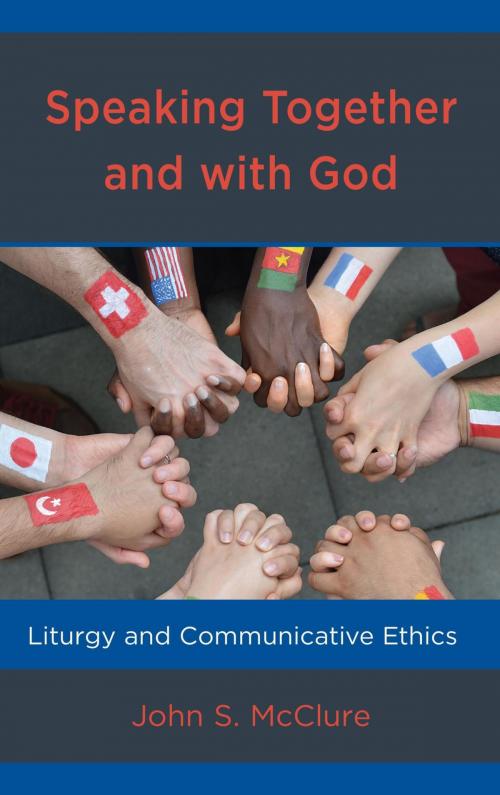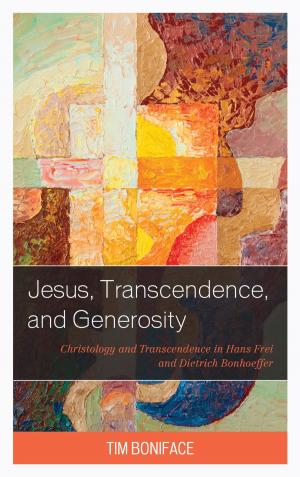Speaking Together and with God
Liturgy and Communicative Ethics
Nonfiction, Religion & Spirituality, Theology, Ethics, Christianity, Christian Life| Author: | John S. McClure, Charles G. Finney Professor of Preaching and Worship | ISBN: | 9781978701304 |
| Publisher: | Fortress Academic | Publication: | April 9, 2018 |
| Imprint: | Fortress Academic | Language: | English |
| Author: | John S. McClure, Charles G. Finney Professor of Preaching and Worship |
| ISBN: | 9781978701304 |
| Publisher: | Fortress Academic |
| Publication: | April 9, 2018 |
| Imprint: | Fortress Academic |
| Language: | English |
Ours is a time of unprecedented pessimism regarding the possibility of achieving consensus around moral issues. Christian liturgical practices, which are grounded in a communicative economy of love and mercy, contain wisdom that might be of significant help. What difference might it make if we confessed sin (learned epistemic humility, worked at overcoming self-deception), interceded for others (learned to go beyond empathy to compassion and advocacy for the well-being of all persons, became willing to look beyond the possible for solutions, etc.), and learned from the best homiletical practices how to justify and apply moral positions within an ethic of hospitality and care? Speaking Together focuses on the roles that liturgical practices play in promoting genuinely communicative (understanding-oriented) forms of action and explores how liturgical practices contribute to sincere, multi-perspectival, empathetic, and truth-seeking conversations regarding moral norms in an increasingly pluralistic world. What this means is that our liturgical practices are a way of speaking together and this shapes how we organize and inhabit a shared social life.
Ours is a time of unprecedented pessimism regarding the possibility of achieving consensus around moral issues. Christian liturgical practices, which are grounded in a communicative economy of love and mercy, contain wisdom that might be of significant help. What difference might it make if we confessed sin (learned epistemic humility, worked at overcoming self-deception), interceded for others (learned to go beyond empathy to compassion and advocacy for the well-being of all persons, became willing to look beyond the possible for solutions, etc.), and learned from the best homiletical practices how to justify and apply moral positions within an ethic of hospitality and care? Speaking Together focuses on the roles that liturgical practices play in promoting genuinely communicative (understanding-oriented) forms of action and explores how liturgical practices contribute to sincere, multi-perspectival, empathetic, and truth-seeking conversations regarding moral norms in an increasingly pluralistic world. What this means is that our liturgical practices are a way of speaking together and this shapes how we organize and inhabit a shared social life.















